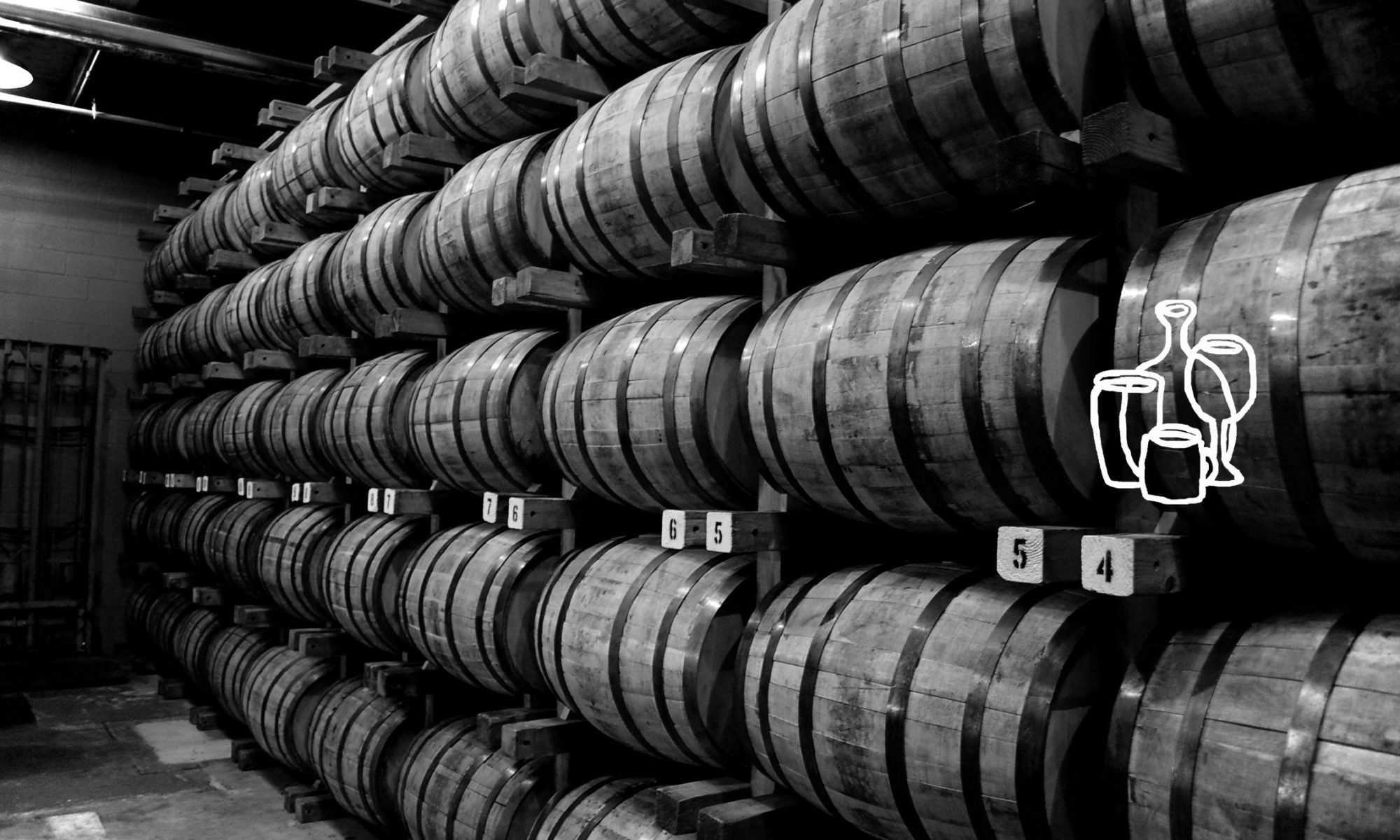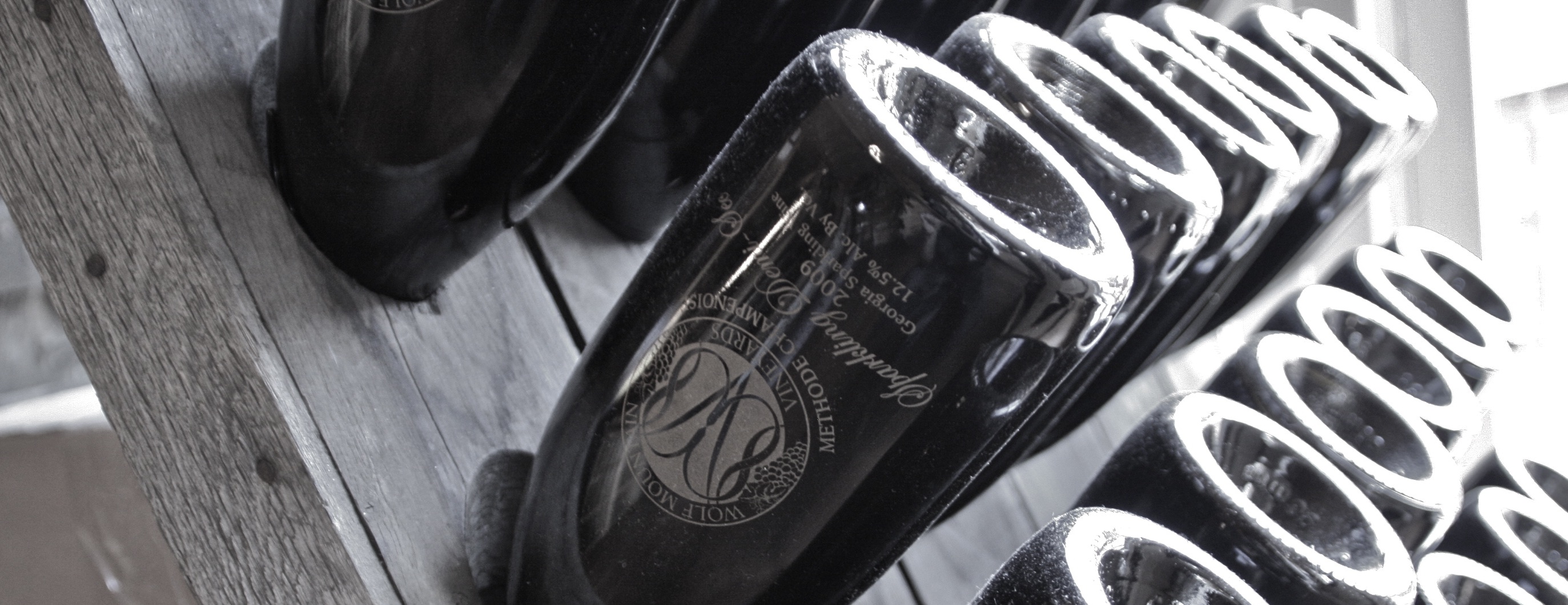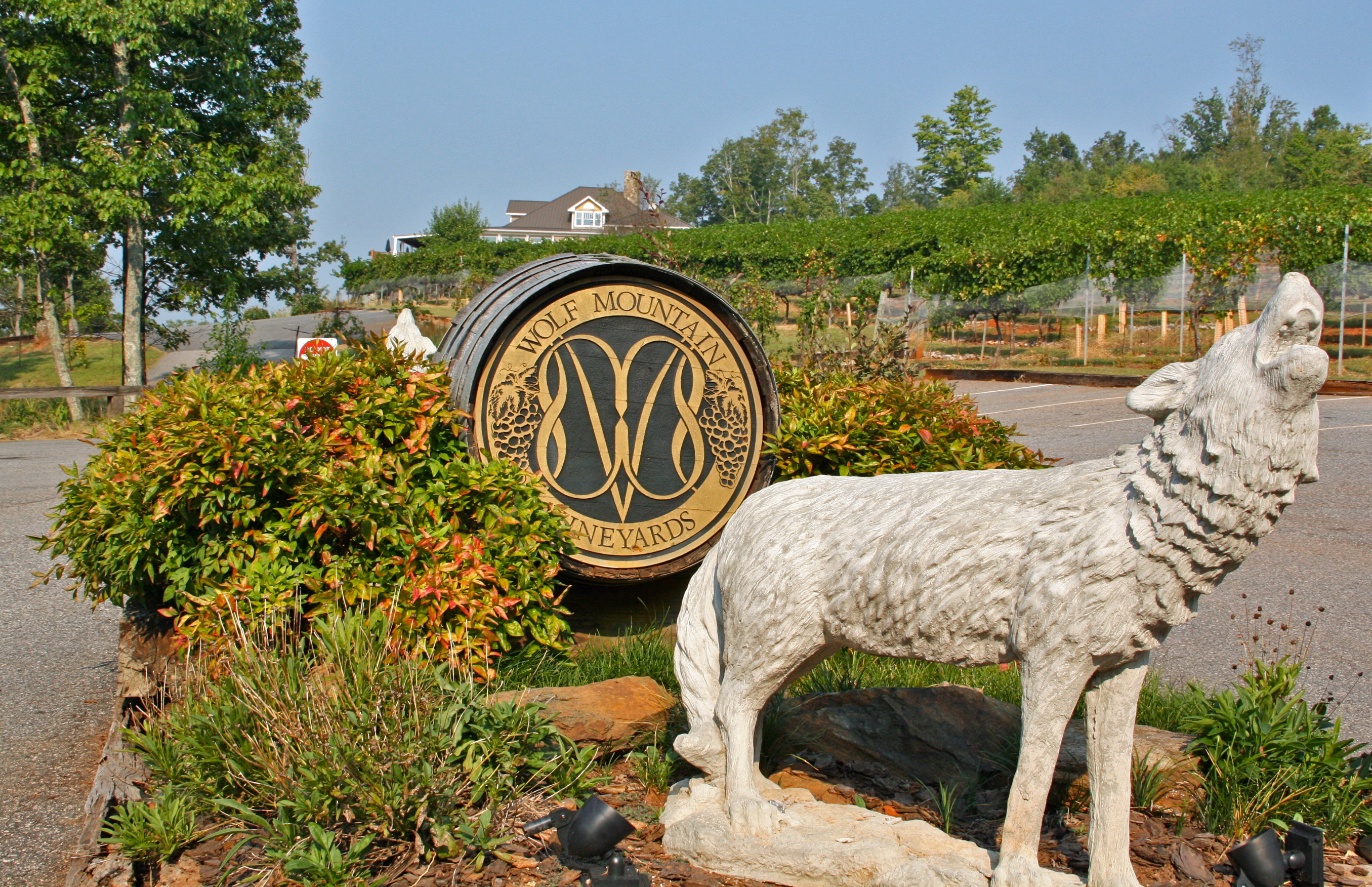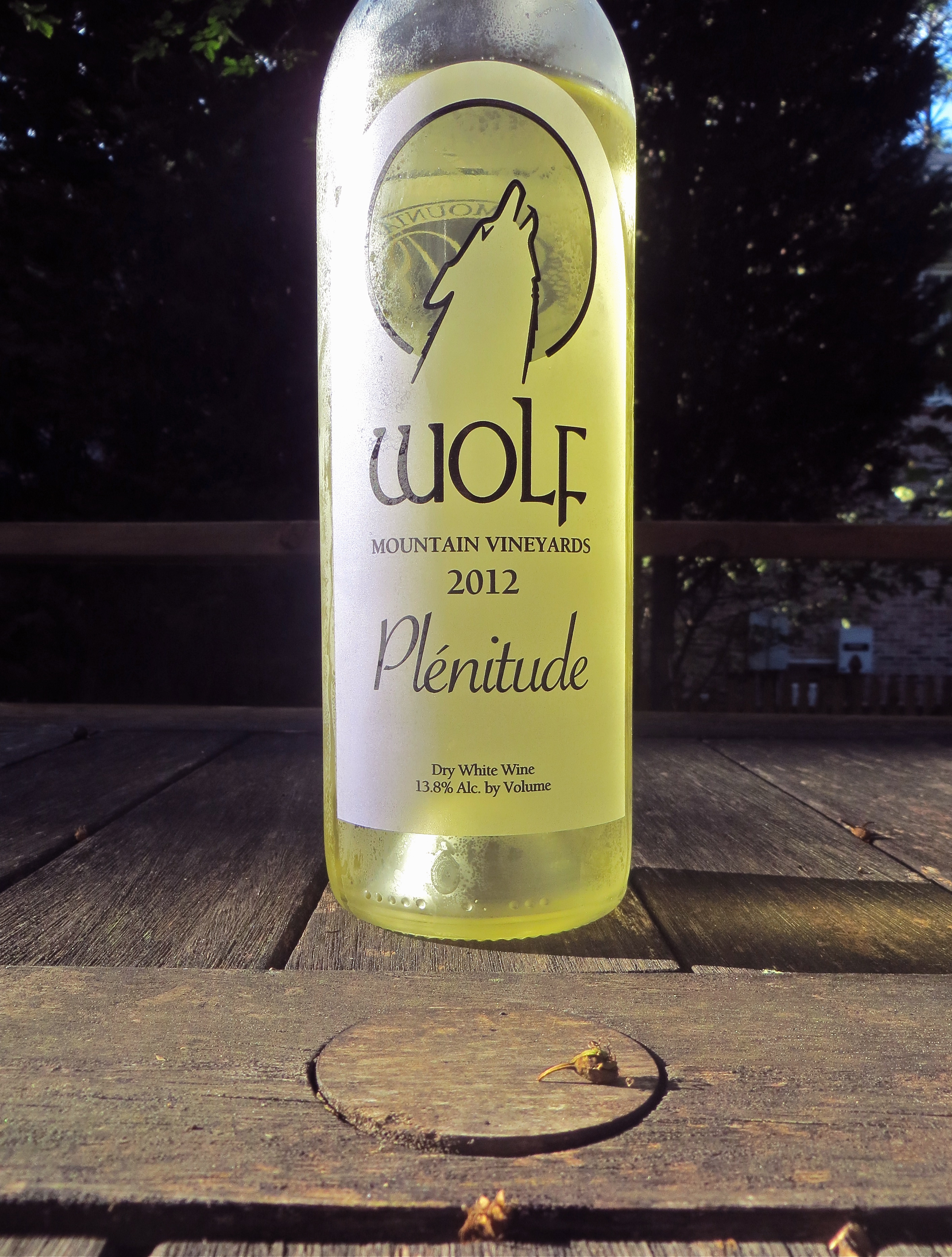(UPDATED: May 2017) The first legit Georgia spirits I ever tasted were from Thirteenth Colony, down in Americus – a vodka, a gin, a young corn whiskey. This was back in 2011. At the time, Thirteenth Colony was one of the few craft spirits games in town (err, state). But today? There are more than a dozen Georgia distilleries and spirits marketers. That may sound like great progress, and it is, but… this same craft spirit boom has been happening all over the country, and Georgia is actually well behind the curve thanks to a not-quite-friendly legal environment (EDIT: It’s getting much better!).
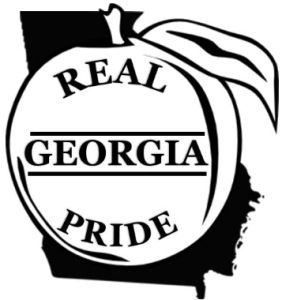 That said, many of today’s Georgia distilleries are indeed finding a way to succeed despite the challenging regulatory environment. Old Fourth Distillery is thriving in Atlanta, Richland Rum is now selling their heralded Georgia rum as far away as Europe and Australia, and there are a few micro-distilleries like Lazy Guy getting really creative with their offerings.
That said, many of today’s Georgia distilleries are indeed finding a way to succeed despite the challenging regulatory environment. Old Fourth Distillery is thriving in Atlanta, Richland Rum is now selling their heralded Georgia rum as far away as Europe and Australia, and there are a few micro-distilleries like Lazy Guy getting really creative with their offerings.
Thus far, moonshine and unaged corn whiskey are the most prevalent spirits here in Georgia. Why? Well, it fits with our heritage, that’s for sure. A good number of the legal distillers in Georgia proudly claim their moonshining roots. And there’s a good amount of locally grown corn to supply the process. But it’s also relatively quick and inexpensive to produce unaged whiskey, with no long term aging in barrels that would require extra capital, space, and patience. Beyond moonshine, though, you can find a pretty wide variety of distilled products in Georgia – from Richland’s superb estate rum made with their own Georgia sugar cane, to several nice vodkas and gins (Thirteenth Colony and Old Fourth), to fruit brandies (Dawsonville) that also reflect a bit of local heritage.
Here’s a list of currently operating Georgia distillers and spirits brands, noting which are currently sourcing their product vs. distilling themselves, upcoming plans for expansion, distribution footprint, and availability of tours. If you have any updates for the list, do let us know in the comments or by email, and I will keep it up to date. A handy map of Georgia distilleries is also provided at the bottom of the page. Cheers to drinking locally.
List of Georgia Distilleries and Spirits Brands (as of May 2017):
 ASW Distillery, Atlanta, since 2011
ASW Distillery, Atlanta, since 2011
Sourced Products: American Spirit Whiskey (currently distilled in Charleston, SC), and Fiddler Bourbon (a series of sourced whiskeys with unique finishes at ASW, plus an “unfilled” straight bourbon)
Distilled Products: Resurgens Rye Single Malt Rye Whiskey, Armour & Oak Georgia Apple Brandy, White Dog Rye Malt Spirit
Upcoming: Potentially a peach brandy using Lane Southern Orchards peaches, plus other small batch releases and additional Fiddler releases.
Distribution: GA, TN, SC, MD, PA, DC (with a strong focus on Georgia)
Tours available in Atlanta
Dalton Distillery , Dalton, since 2015
, Dalton, since 2015
Distilled Products: Raymond’s Reserve Straight Corn Whiskey (111 proof), Raymond’s Reserve Cinnamon, Raymond’s Reserve Gluten Free (82 proof, made from corn and sunflower)
Upcoming: Raymond’s Reserve Sunflower Whiskey (also gluten free)
Distribution: Georgia, Texas, New Jersey
Tours available in Dalton
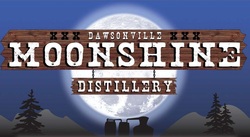 Dawsonville Moonshine Distillery, Dawsonville, since 2012
Dawsonville Moonshine Distillery, Dawsonville, since 2012
Distilled Products: White Lightning, Georgia Corn Whiskey, Georgia Mountain Apple Pie, Bill Elliott Georgia Apple Brandy, Moonshiner Jeff’s Presidential Rye Whiskey, Single Barrel Bill Elliott HWY 9 Rye Whiskey
Distribution: Georgia
Tours available in Dawsonville
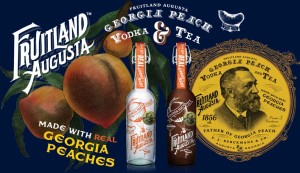 Fruitland Augusta, since 2014
Fruitland Augusta, since 2014
Sourced Products: Georgia Peach Vodka, Georgia Peach Sweet Tea (both made with Georgia peaches, bottled in Florida)
Upcoming: working with city of Augusta to explore options on building a distillery
Distribution: Georgia
![]() Georgia Distilling Company, Milledgeville, since 2011
Georgia Distilling Company, Milledgeville, since 2011
Distilled Products: Private label producer for Goodtime Moonshine & Vodka, Georgia Vodka, Doc Holliday Rye Whiskey, Copperhead Georgia Sour Mash, Rod and Rifle Whiskey (to be confirmed), plus Savannah Bourbon (see below)
Distribution: Various
Ghost Coast Distillery, Savannah, since 2017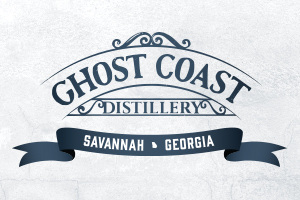
Distilled Products: Vodka 261, Vodka 261 Orange
Upcoming Products: Bourbon being aged
Distribution: GA
Tours available in Blairsville

Grandaddy Mimm’s, Blairsville, since 2012
Sourced Products: (previously sourced from Georgia Distilling Co., now distilling as of 2016)
Distilled Products: Mule Kickin’ 140 proof, 100 proof corn whiskey, 80 proof apple brandy, 40 proof apple brown betty, 40 proof fresh peach cobbler, 40 proof wild cherry cobbler
Upcoming: Have applied for a distilling license
Distribution: GA, TN, TX, CA
Tours available in Blairsville
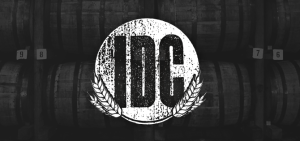 Independent Distilling Company, Decatur, since 2014
Independent Distilling Company, Decatur, since 2014
Distilled Products: Hellbender Corn Whiskey, Hellbender Bourbon, Independent Rum, Aged Rum, Outlier Series Limited Releases
Upcoming: 100% wheat whiskey currently aging in barrel, other small batch releases
Distribution: Georgia
Tours available in Decatur
 Lazy Guy Distillery, Kennesaw, since 2014
Lazy Guy Distillery, Kennesaw, since 2014
Distilled Products: Kennesaw Lightning Corn Whiskey, Threesome Whiskey, Cold Heart Whiskey, The General 151 Proof, Side Track Bourbon, Snow Cream Liqueur (ltd winter release), 5th Article 1887 Rye Whiskey, Embers Georgia Straight Bourbon, Lotoko Spirits
Upcoming: Other longer-aged whiskeys
Distribution: Georgia, and hope to expand to TN and SC
Tours available in Kennesaw
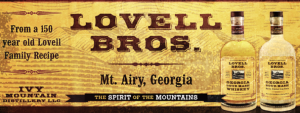 Lovell Bros. / Ivy Mountain Distillery, Mt. Airy, since 2012
Lovell Bros. / Ivy Mountain Distillery, Mt. Airy, since 2012
Distilled Products: Georgia Sour Mash (unaged), Georgia Sour Mash Whiskey (aged)
Distribution: Georgia
 Moonrise Distillery, Clayton, since 2012
Moonrise Distillery, Clayton, since 2012
Distilled Products: James Henry Georgia Bourbon and Georgia Rye, Corn Squeezins Georgia Corn Whiskey
Distribution: Georgia
Tours available in Clayton
 Old Fourth Distillery, Atlanta, since 2014 (read more: Old Fourth &Atlanta distilling history)
Old Fourth Distillery, Atlanta, since 2014 (read more: Old Fourth &Atlanta distilling history)
Distilled Products: Vodka, Gin, Lawn Dart Ginger Lemon Liqueur
Upcoming: Bourbon (sourced, aging in Atlanta until approximately 2019)
Distribution: Georgia
Tours available in Atlanta
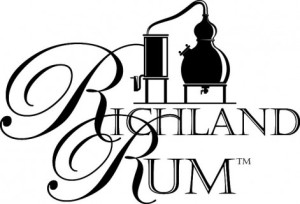 Richland Rum, Richland, since 1999 with a major ramp up in 2012 (read more: Happy Hour interview with Richland’s Erik Vonk)
Richland Rum, Richland, since 1999 with a major ramp up in 2012 (read more: Happy Hour interview with Richland’s Erik Vonk)
Distilled Products: Single Estate Old Georgia Rum, Single Estate Georgia Agricole
Distribution: GA, FL, SC, TN, CA, NY, NJ, PR, Denmark, Holland, Belgium, Australia, and parts of the Caribbean
Tours available in Richland
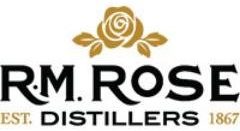 R.M. Rose, Dillard, since 2016
R.M. Rose, Dillard, since 2016
Sourced Products: Georgia Corn Whiskey, Mountain Apple Corn Whiskey, Blackberry Corn Whiskey, Fire on the Mountain Cinnamon Corn Whiskey, and Good Neighbor Peach and Lemon Whiskey
Upcoming: TBD
Shop open in Dillard
 Savannah Bourbon Co., Savannah, since 2014
Savannah Bourbon Co., Savannah, since 2014
Sourced Products: Savannah 88 Bourbon, Savannah Sweet Tea Lemonade Bourbon (both from Georgia Distilling Co. – to be confirmed)
Distribution: GA, SC
 Still Pond Distillery, Arlington, since 2012
Still Pond Distillery, Arlington, since 2012
Distilled Products: Muscadine Moonshine, Double Barreled Moonshine, Peach Moonshine, 80 Proof Vintners Vodka, 99 Proof Vodka, 229 Vodka, Peach Vodka, Apple Vodka, 229 Distilled Gin.
Upcoming: Aging brandy produced from Still Pond grapes, initial release in 2017.
Distribution: Georgia
Tours available in Arlington (with Still Pond Winery)
Stillhouse Creek Craft Distillery , Dahlonega, since 2016
, Dahlonega, since 2016
Distilled Products: White Gold unaged whiskey
Upcoming: 1829 Straight Bourbon, Gold Dust whiskey, botanical gin with local lavender
Distribution: Georgia
Tours available in Dahlonega
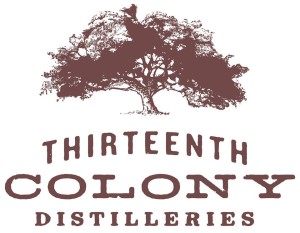
Thirteenth Colony, Americus, since 2009
Distilled Products: Southern Gin, Southern Vodka, Plantation Vodka, Southern Corn Whiskey, Southern Bourbon Whiskey, Southern Rye Whiskey
Upcoming: expansion of custom single barrel offerings, including unique finishes and barrel proofs
Distribution: GA, FL, SC, TN, KY, NH, VT, MI
Upcoming Distilleries…
Hope Springs, Lilburn, has filed for permits and has set up equipment, now aiming for summer 2017
Watts Whiskey Distillery, Avondale Estates, launching 2017
Updated: May 2017
